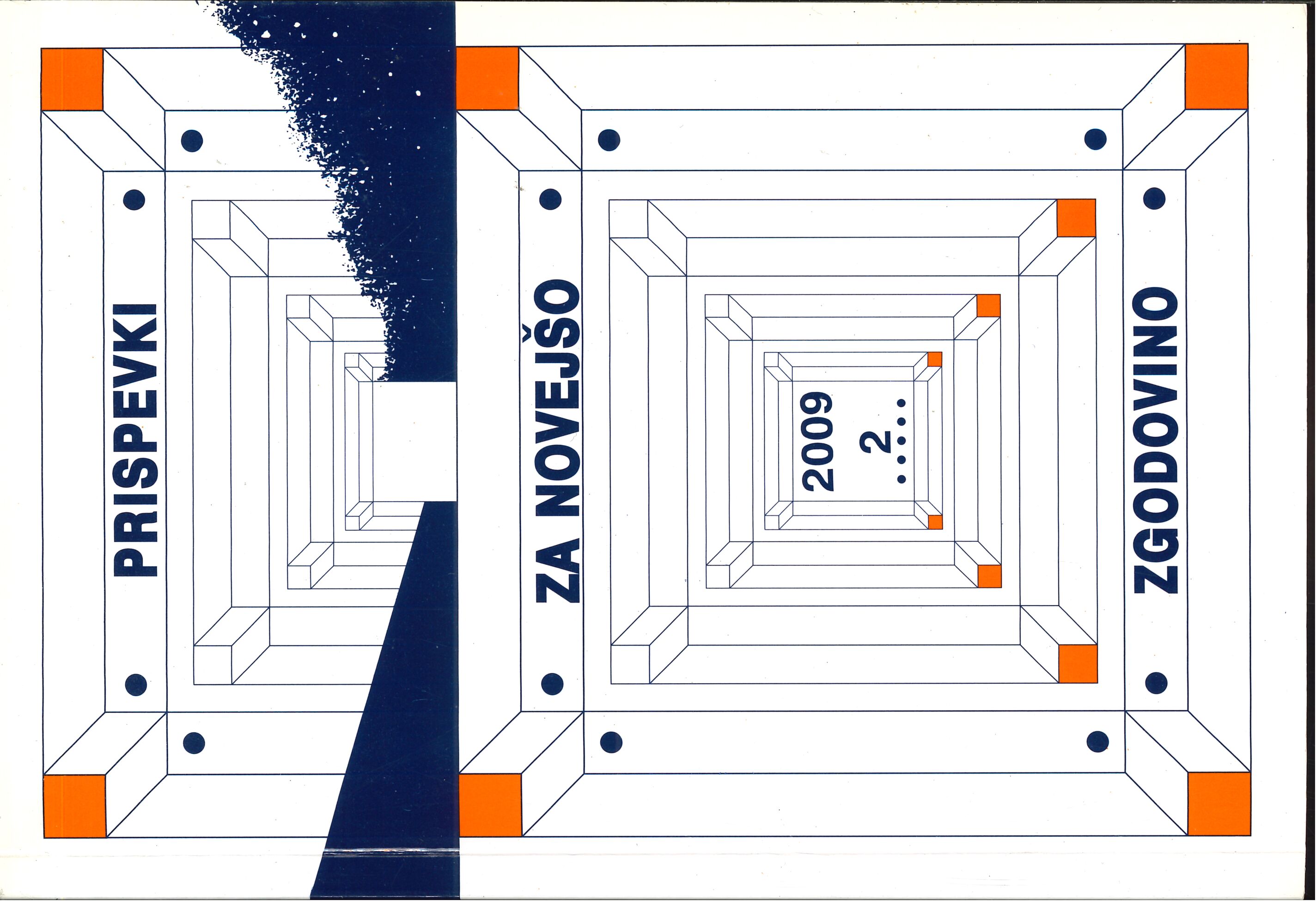Party and Partisan Violence in the Central Slovenia 1941-1942 in the Eyes of Slovenian Opponents
Keywords:
occupation, violence, communism, resistance movement, Liberation Front, anti-communism, propagandaAbstract
In the following discussion the author describes and analyses the main emphases with regard to the issue of the use of violence by the Slovenian partisan movement and its communist leadership, especially in the Ljubljana province in the period from the beginning of this movement in the late summer of 1941 until the middle of 1942. This violence is presented from the viewpoint of the assessments of its Slovenian opponents, that is, various anti-communist subjects like parties, associations and exposed individuals. The main source for identifying the aforementioned evaluations is the anti-communist illegal press and propaganda material as well as reports made by illegal anti-partisan authorities to the King's government-in-exile in London, especially minister Miha Krek. In the spring of 1942 these subjects, except for the group called Stražarji (Guard), have not yet considered resisting the partisan violence with armed Slovenian forces.
Downloads
Published
Issue
Section
License
Authors who publish with this journal agree to the following terms:
- Authors retain copyright and grant the journal right of first publication with the work simultaneously licensed under a Creative Commons Attribution License that allows others to share the work with an acknowledgement of the work's authorship and initial publication in this journal.
- Authors are able to enter into separate, additional contractual arrangements for the non-exclusive distribution of the journal's published version of the work (e.g., post it to an institutional repository or publish it in a book), with an acknowledgement of its initial publication in this journal.
- Authors are permitted and encouraged to post their work online (e.g., in institutional repositories or on their website) prior to and during the submission process, as it can lead to productive exchanges, as well as earlier and greater citation of published work (See The Effect of Open Access).


